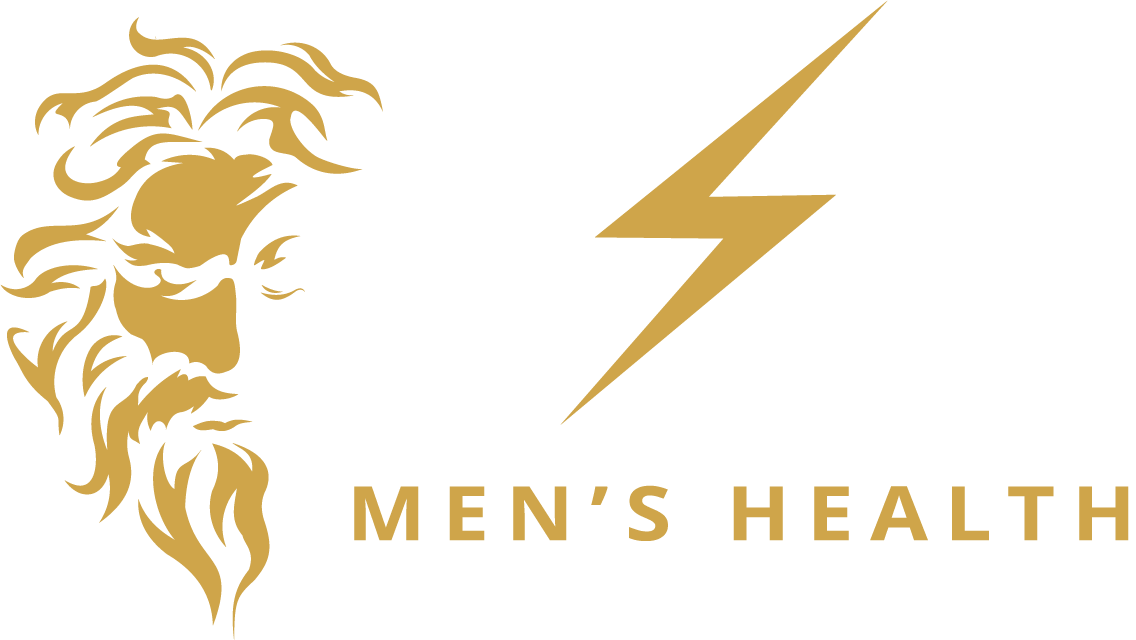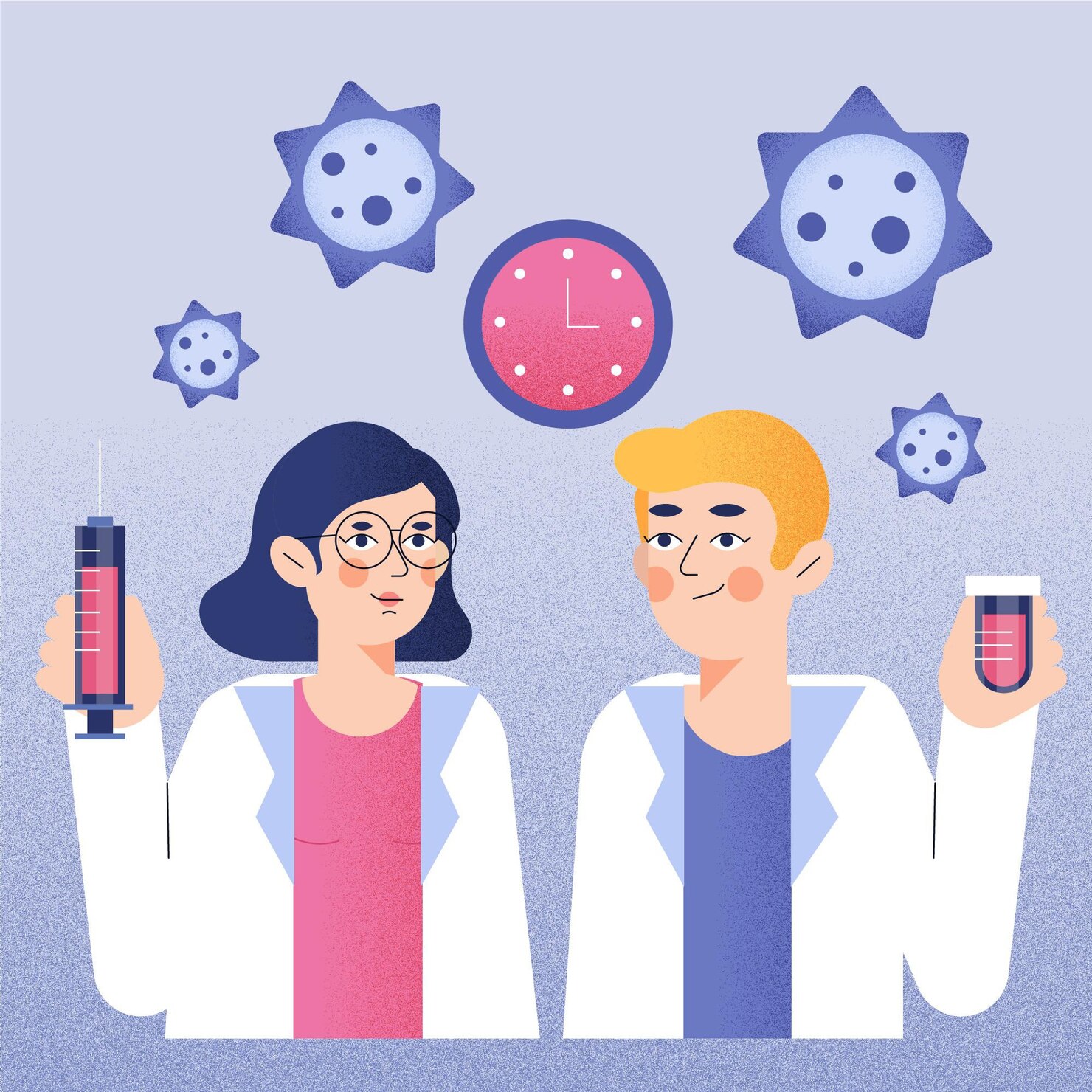Introduction
In the pursuit of rejuvenation and vitality, the choice between Sermorelin and growth hormone (GH) therapy can be a critical one. While both options aim to harness the power of growth hormone to promote youthfulness, there’s a growing consensus among healthcare professionals and individuals seeking hormone optimization that Sermorelin offers a safer and more natural approach. Let’s delve into the reasons why Sermorelin stands out as a safer alternative to growth hormone therapy and why it’s gaining popularity as the preferred choice for rejuvenation.
Sermorelin: Nature’s Gentle Boost to Growth Hormone
Sermorelin is a synthetic peptide that stimulates the body’s natural production and secretion of growth hormone-releasing hormone (GHRH). By mimicking the action of GHRH, Sermorelin enhances the pituitary gland’s ability to produce and release growth hormone, promoting cellular regeneration, metabolism, and overall vitality. Unlike growth hormone therapy, which introduces exogenous growth hormone into the body, Sermorelin supports the body’s own regulatory mechanisms, leading to a more gentle and physiologic approach to hormone optimization.
The Safety Advantage of Sermorelin:
1. Preservation of Endogenous Hormone Production
Unlike growth hormone therapy, which may suppress the body’s natural production of growth hormone over time, Sermorelin stimulates the pituitary gland to produce growth hormone naturally, preserving endogenous hormone production and regulatory feedback mechanisms.
2. Reduced Risk of Side Effects
Sermorelin’s natural approach to hormone optimization may be associated with a reduced risk of side effects compared to growth hormone therapy. By supporting the body’s own production of growth hormone, Sermorelin helps maintain hormonal balance and minimize the risk of adverse reactions.
3. Enhanced Safety Profile
With its gentle and physiologic mechanism of action, Sermorelin offers an enhanced safety profile compared to growth hormone therapy. Sermorelin has been shown to be well-tolerated in clinical studies, with minimal risk of serious adverse events.
Growth Hormone Therapy: Considerations and Risks
In contrast to Sermorelin, growth hormone therapy involves the administration of synthetic growth hormone directly into the body. While GH therapy can produce rapid and dramatic effects on metabolism, energy levels, and overall vitality, it may also be associated with potential risks and considerations.
The Risks of Growth Hormone Therapy:
1. Suppression of Endogenous Hormone Production
Exogenous growth hormone administration may suppress the body’s natural production of growth hormone over time, leading to dependence on external hormone sources and disruption of regulatory feedback mechanisms.
2. Potential Side Effects
Growth hormone therapy may be associated with a range of potential side effects, including fluid retention, joint pain, carpal tunnel syndrome, and increased risk of diabetes and cardiovascular disease.
3. Cost and Accessibility
Growth hormone therapy can be costly and may not be accessible to all individuals seeking hormone optimization. Additionally, the need for regular injections or administration may pose logistical challenges for some patients.
Conclusion: Choosing the Safer Path: Sermorelin for Rejuvenation
In the balance between rejuvenation and safety, Sermorelin emerges as the clear winner, offering a safer and more natural approach to hormone optimization compared to growth hormone therapy. By supporting the body’s own production of growth hormone and preserving endogenous hormone production, Sermorelin provides a gentle and physiologic pathway to rejuvenation with minimal risk of side effects or adverse reactions. With its proven safety profile and efficacy, Sermorelin stands as a beacon of hope for individuals seeking to reclaim their youthfulness and vitality at any age.








